Where is the Evo in Evo-Devo in 2017?
Published in Ecology & Evolution
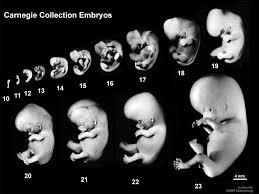
After the inaugural Pan-American-Evo-Devo meeting (2015, Berkeley), I showed how major concerns about Evo-Devo (Evolutionary Developmental Biology) research were demonstrated by a simple, non-biased quantitative analysis of the titles/abstracts of that meeting's talks. In this new paper (http://onlinelibrary.wiley.com/doi/10.1002/jez.b.22791/full) I apply the same methodology to the titles/abstracts of the recent Pan-American-Evo-Devo meeting (2017, Calgary). The aim is to evaluate if the concerns raised by me in that paper and by other authors have been addressed and/or if there are other types of differences between the two meetings that may reflect trends within the field of Evo-Devo. This analysis shows that the proportion of presentations referring to "morphology", "organism", "selection", "adaptive", "phylogeny" and their derivatives was higher in the 2017 meeting, which therefore had a more 'organismal' feel. However, there was a decrease in the use of "evolution"/its derivatives and of macroevolutionary terms related to the tempo and mode of evolution in the 2017 meeting. Moreover, the disproportionately high use of genetic/genomic terms clearly shows that Evo-Devo continues to be mainly focused on Devo, and particularly on "Geno", i.e. on molecular/genetic studies. Furthermore, the vast majority of animal Evo-Devo studies are focused only on hard tissues, which are just a small fraction of the whole organism - e.g. only 15% of the tissue mass of the human body. The lack of an integrative approach is also evidenced by the lack of studies addressing conceptual/long-standing broader questions, including the links between ecology and particularly behavior and developmental/evolutionary variability and between evo-devo and evolutionary medicine.
By publishing this paper, I hope to stress some of the topics that, in the opinion of many authors and myself, are not being addressed in a appropriate way within current Evo-Devo. Importantly, the point is not to criticize anybody in particular, but instead to try to contribute to a more integrative, organismal, Evo-Devo - and Biology in general - that focus not only in more body parts (e.g., soft tissues) and their variations as well as in a wider range - and more relevant - taxa (including fossils), but also in a plurarity of aspects other than Evo and particularly Geno (genetics/genomics), such as comparative anatomy, ecology, behavior, systems biology, and evolutionary medicine.
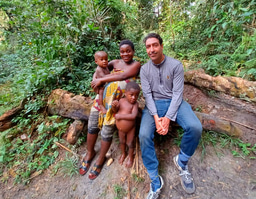

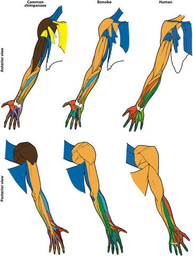
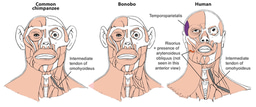
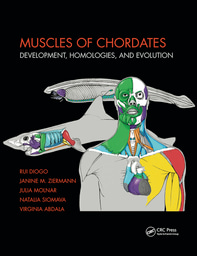
Please sign in or register for FREE
If you are a registered user on Research Communities by Springer Nature, please sign in